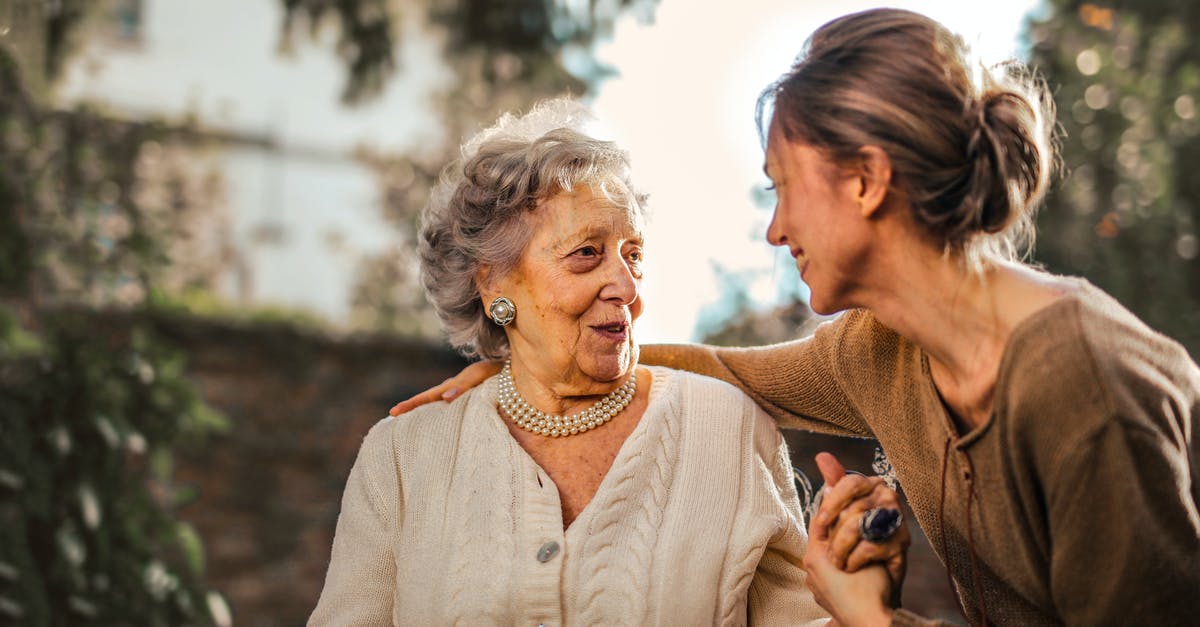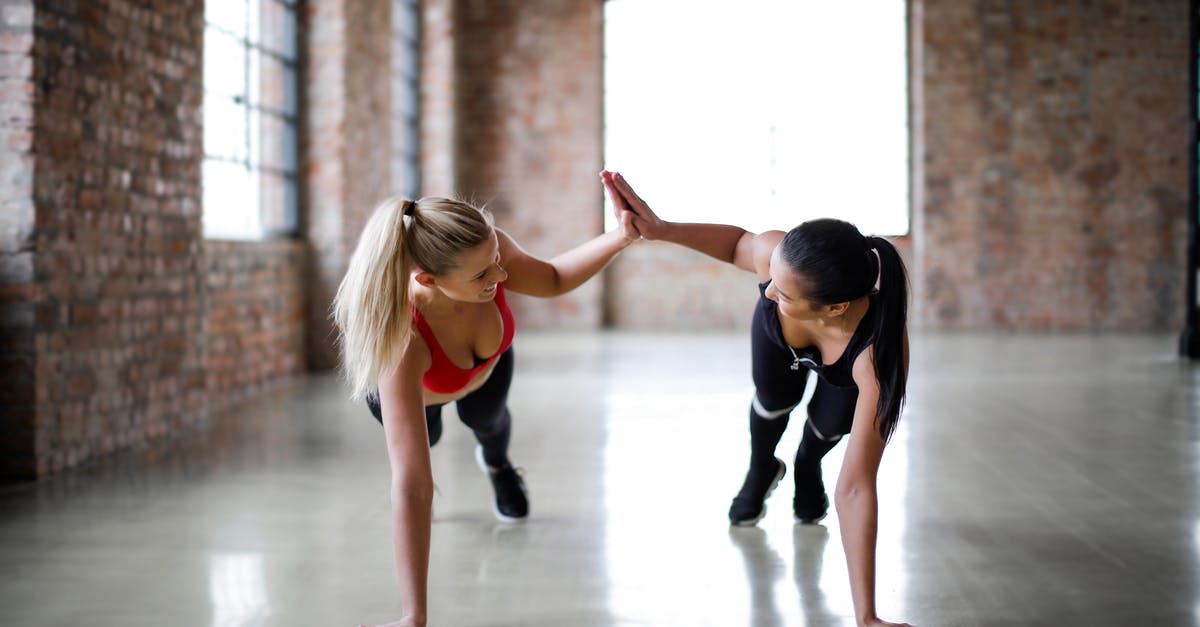Do Russians smile at each other?

I'm planning to go to Russia. In my culture, smiling is really common even to strangers. I've heard that Russians don't smile or laugh unless it's something funny or something that makes them happy. Will it be strange or will I insult anybody in Russia if I smile?
Best Answer
In defense of @MikkaRin's answer, I offer a contrast of cultural norms regarding emotional expression in Russia versus USA. This may not clearly represent differences between Russian and global norms (to whatever extent these exist), but hopefully it'll help. In psychological literature concerning culture and affect, opposite norms have been described: to some extent, people from the US expect others to express positive emotions and suppress expressions of negative emotions in polite conversation, and Russians expect others to express negative emotions and suppress strongly positive emotions. A rather technical study by Tucker, Ozer (my graduate advisor!), Lyubomirsky, and Boehm gives this overview:
Claimed as a right in the Declaration of Independence, personal happiness and life satisfaction play a central role in the daily social life and intellectual discourse of the United Sates. The majority of U.S. respondents rate life satisfaction as very important (Triandis et al., 1990; Diener et al., 1995) and report thinking about their personal happiness at least once every day (Freedman, 1978). By contrast, Russians are less likely to believe that the ideal life is worth pursuing, compared to their U.S. peers (Lyubomirsky, 1997). Russian social life and language are rich in resources for expressing negative affect (Wierzbicka, 1994), and Russians appear to be relatively more concerned with the sharing of misfortune. Indeed, the expression of life satisfaction and success is often perceived to risk inviting envy, resentment, suspicion, or the ‘‘evil eye’’ (Smith, 1990). A historical distrust of the system, combined with hopelessness, lack of control, and suspicions that anyone who is very satisfied with life must have used ‘‘crooked’’ means, steers Russians away from expressing positive feelings to others to avoid inviting negative social comparisons (Balatsky and Diener, 1993). [Emphasis added.]
Of course, my point is not to disagree with the comments on the accepted answer to the extent that they rightly point out individual differences. Norms don't affect everyone equally, and may even promote countercultures among those predisposed to deviate from the mainstream in general, regardless of whether the norms are good or bad. Nonetheless, norms do exist on the whole, and some evidence supports the existence of the Russian norm suggested here. Still, I would be interested in any counter-arguments, qualifications, or exceptions to the general theory that commenters would care to raise here.
References
- Balatsky, G., & Diener, E. (1993). Subjective well-being among Russian students. Social Indicators Research, 28(3), 225–243.
- Diener, E., Suh, E. M., Smith, H., & Shao, L. (1995). National differences in reported subjective well-being: Why do they occur? Social Indicators Research, 34(1), 7–32.
- Freedman, J. L. (1978). Happy people: What happiness is, who has it, and why. New York: Harcourt Brace Jovanovich.
- Lyubomirsky, S. (1997). The meaning and expression of happiness: Comparing the United States and Russia. In Ninth Conference of the American Psychological Society, Washington, DC.
- Smith, H. (2012). The New Russians. Random House LLC.
- Triandis, H. C., Bontempo, R., Leung, K., & Hui, C. H. (1990). A method for determining cultural, demographic, and personal constructs. Journal of Cross-Cultural Psychology, 21(3), 302–318.
- Tucker, K. L., Ozer, D. J., Lyubomirsky, S., & Boehm, J. K. (2006). Testing for measurement invariance in the satisfaction with life scale: A comparison of Russians and North Americans. Social Indicators Research, 78(2), 341–360. Retrieved from http://drsonja.net/wp-content/themes/drsonja/papers/TOLB2006.pdf.
- Wierzbicka, A. (1994). Emotion, language, and cultural scripts. In S. Kitayama and
H.R. Markus (Eds.), Emotion and Culture: Empirical Studies of Mutual Influences (pp. 133–196). American Psychological Association: Washington, DC.
Pictures about "Do Russians smile at each other?"



Is it rude to smile in Russia?
In Russian communication, a smile is not a signal of politeness. Russians consider a polite smile as \u201cservant's smile.\u201d It is considered a demonstration of unwillingness to show one's true feelings.Are Russians taught to smile?
It is expected that you make eye contact whilst greeting as a sign of respect and trustworthiness. Some Russians may see you as untrustworthy if you laugh and joke too much, especially if you are discussing important matters.Is it rude to make eye contact in Russia?
Russians are a very demonstrative people, and public physical contact is common. Hugs, backslapping, kisses on the cheeks and other expansive gestures are common among friends or acquaintances and between members of the same sex. Russians stand close when talking.Global 3000 | Russians are being asked to smile
More answers regarding do Russians smile at each other?
Answer 2
This is actually conditional.
In your particular case it will not be strange or insulting though as MikkaRin pointed out they may think "What is this guy so happy about?". Reason that it won't be for you is that you are an obvious foreigner in that country and you will be looked on as such and there is certain leeway that is allowed.
In Russia there is a rather famous proverb that goes: "???? ??? ??????? ??????? ????????" roughly translated "Laughing/Smiling without a reason is a sign of foolishness/stupidity". So you could be looked at as such.
Is it going to be insulting to anyone you smile at? No. But depending on how you do it it might cause some concern on the person you smile at.
Answer 3
I told a friend after I returned from Russia that Russian smiles are made of gold - they don't let go of one without a good reason. But when I was introduced to a new person, they would often smile as they said ????????????. When I bought half a dozen books on Russian for Foreigners, the cashier smiled as she asked "Are you learning Russian?"
If a Russian smiles when you start speaking Russian to them, it is probably because you have a funny accent (which I do). If you go around smiling for no good reason like some Americans do, you may be thought to be insane. Rather than smiling to signal your good intentions when interacting with a stranger, use the word ?????????? (which can mean please or you're welcome depending on context). If you need to get someone's attention, say ???????? ??????????.
Answer 4
I am from Russia, Yekaterinburg (it's almost Siberia you know). I tend to believe that people are not very friendly here mostly because of bad weather. Either it's really cold, or it's not, but still there is no sun because of lots of huge clouds. It's very difficult to be in a good mood when you see sun once a week. But when I travel to south regions of Russia I see the more smiles the better skies are. For example in Volgograd people are much more friendly than here in Yekaterinburg. The only reasonable explanation is they have decent summer.
I am sure you will not insult anybody, if you are going to smile all the time, but it will make it obvious that you are a tourist (or someone could even think that you are mentally challenged) and it might attract some scum that will try to make easy money on you. So just beware smiling at train stations/subway/markets and when you cannot see direct sunlight because of huge clouds all over the skies, and you'll be fine. And feel free to smile when sun is there, people will understand why you are so happy and most of them will smile you back.
Answer 5
Yes, it is true. Smiling or laughing without a reason will make you look like a fool. And no, you will not insult anyone if you smile to a person in the street. But it will make you look strange. And I would not be happy if you start talking to me without a reason. Most of us are not so talkative as in Europe or Asia. But not because we are gloomy.
Answer 6
Smiling without a good reason is not common in Russia (as in many other places like the UK, but perhaps slightly more so).
Generally, in a positive or neutral situation, an unexpected smile might seem strange, but won't cause an insult.
However, do beware of using a smile to defuse a tense situation where the other side is unhappy. In some smiling cultures, (e.g. Thailand, Laos) it's often appropriate to smile as an informal apology, in response to a complaint, or even upon seeing someone having a minor accident or problem. In other places, that could be interpreted as laughing at their misfortune or not taking them seriously, and could escalate the situation.
Answer 7
Man, that's just a prejudice. We are smiling and laughing for reason and without one! We are common people and much easier to behave with than a lot of others. Here is no such an issue like "to be insulted if someone strangely look at you". Don' be afraid and have a good time!
Answer 8
I know a little about Russian culture. You will not be rude if you smile but you will be considered weak. Even though you can be yourself, smile and be a funny person but always consider respect to the Russians, they take this very seriously specially with foreigns. It's like an overly manly country.
Sources: Stack Exchange - This article follows the attribution requirements of Stack Exchange and is licensed under CC BY-SA 3.0.
Images: Andrea Piacquadio, Andrea Piacquadio, Andrea Piacquadio, Charlotte May
